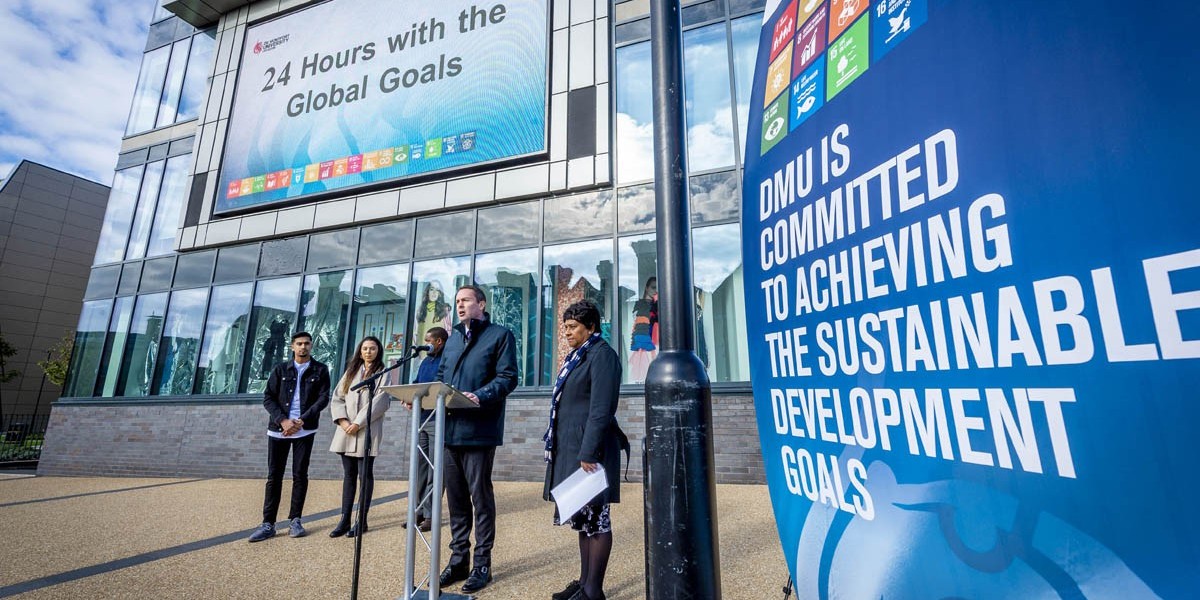Wounds can result from a wide variety of causes, including surgical procedures, chronic medical conditions, accidents, or pressure injuries. Proper wound care is essential for recovery and to avoid complications like infections or delayed healing. In recent years, wound home care services have emerged as a reliable solution for patients who prefer receiving treatment in the comfort of their own homes. These services provide personalized, professional support aimed at accelerating healing and improving quality of life.
Benefits of Receiving Wound Care at Home:
One of the most significant advantages of Wound home Care in Dubai (رعاية الجروح المنزلية في دبي) is convenience. Patients no longer have to travel to medical facilities or endure long waiting times. The home environment also promotes comfort, reduces stress, and minimizes the risk of exposure to infections often found in hospital settings. Furthermore, home care allows for continuity in care, as the same team often manages the patient's condition over time. This results in stronger communication, trust, and a better understanding of the individual's unique healing needs.
Types of Wounds Treated at Home:
Wound home care services are equipped to handle a wide array of wounds. These include pressure ulcers, diabetic foot ulcers, venous and arterial ulcers, post-surgical wounds, traumatic injuries, and burns. Additionally, care teams are trained to manage complex wounds that may involve drainage, infection, or tissue loss. Every wound is different, and effective home care adapts to the type, severity, and location of the wound. Providers use specialized dressings, advanced healing techniques, and comprehensive wound assessments to guide their approach.
Comprehensive Assessment and Personalized Care Plans:
Quality wound home care begins with a thorough assessment. Care professionals evaluate the wound's size, depth, color, drainage, and signs of infection. They also consider underlying health conditions that could affect healing, such as diabetes or poor circulation. Based on this assessment, a tailored care plan is developed. This plan outlines the frequency of dressing changes, cleaning methods, use of antimicrobial or advanced dressings, and any mobility or nutritional considerations. The care plan is continuously updated to reflect healing progress and any changes in the wound’s condition.
Skilled Wound Care Professionals:
A successful home wound care program relies on the expertise of trained professionals. These may include registered nurses, wound care specialists, and support staff with experience in treating chronic and acute wounds. These professionals bring medical-grade care to the patient's home, offering both technical skill and compassionate attention. They monitor the wound closely, recognize early signs of complications, and adjust treatment strategies promptly. Their role extends beyond physical care—they also educate patients and caregivers on proper hygiene, dressing techniques, and signs to watch for between visits.
Supportive Services That Enhance Healing:
Wound healing is not only about dressing and monitoring. High-quality home care includes supportive services that address the broader aspects of a patient’s recovery. Nutritional guidance can be vital, as certain vitamins and nutrients play a key role in tissue repair. Mobility support and positioning techniques help reduce pressure and improve blood flow. Emotional support and education are equally important, empowering patients to participate in their own recovery process. By addressing both physical and emotional needs, home care services foster a holistic healing environment.
Choosing the Right Wound Home Care Provider:
When considering wound care at home, it is important to look for services that prioritize safety, clinical excellence, and personalized attention. Reliable providers follow evidence-based protocols, utilize sterile techniques, and document every stage of healing. Good communication is another hallmark of quality care. Patients and families should feel heard, respected, and informed throughout the treatment process. Additionally, flexibility and responsiveness in scheduling visits contribute to a smoother care experience. Choosing the right provider ensures that healing is not only efficient but also compassionate and respectful of the patient’s dignity.
Conclusion:
Wound home Care in Dubai (رعاية الجروح المنزلية) have transformed the way many individuals recover from injuries and surgeries. With a focus on comfort, personalized treatment, and holistic support, these services are an invaluable option for those seeking quality care in their own homes. Whether managing a chronic condition or recovering from an acute wound, home care offers a practical, effective path to recovery that respects the individual's preferences and promotes optimal healing.








